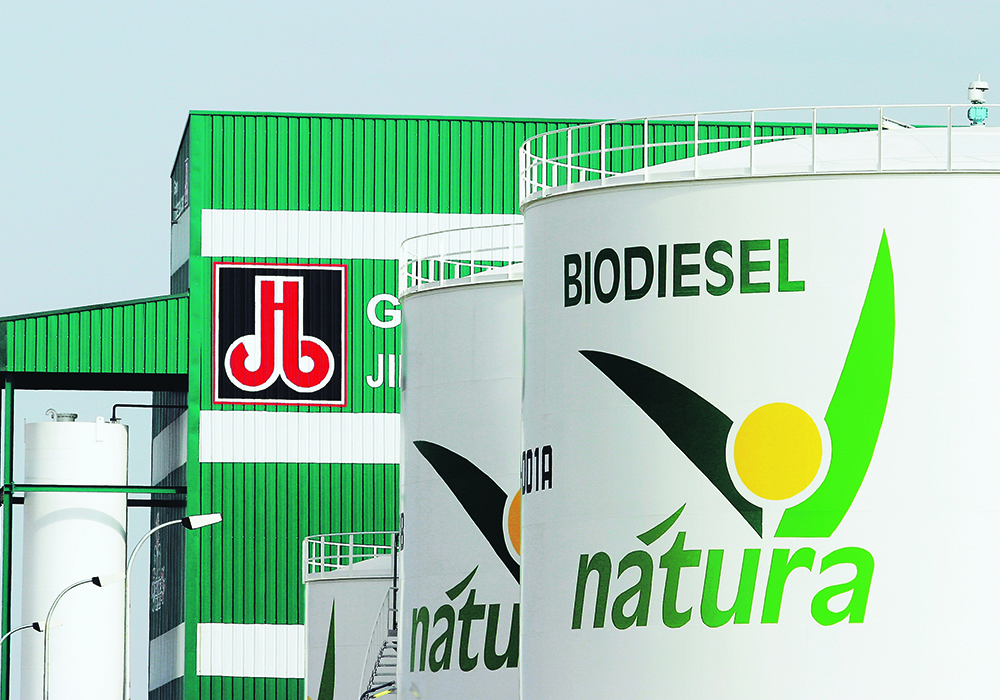Burning crops while millions can’t afford food is an uncomfortable situation for wealthy countries.
If the war in Ukraine causes food prices to further spike, the push to build up biodiesel capacity in countries such as the United States is likely to face growing scrutiny, two American experts told the Farm Foundation Forum.
“We had a big food-fuel debate in 2007-08 and I think that’s going to come back,” said Joseph Glauber, a former U.S. Department of Agriculture chief economist and a researcher at the International Food Policy Research Institute.
Read Also

Alberta researcher helps unlock the economics of farming
Lethbridge Polytechnic researcher helping agriculture producers with decision-making tools in economic feasibility
In 2007-08, food crop prices soared far beyond the ability of many people in poor countries to pay. Widespread hunger across North Africa and the Middle East sparked the “Arab Spring” uprisings that toppled multiple governments.
Prices have shot higher again from already elevated levels due to multiple crop challenges in major exporters and the likelihood that the Russian invasion of Ukraine will restrict exports from the Black Sea and hurt crop productivity in 2022-23.
Biofuel production, long touted by American farm interests to drive crop prices higher during the low-price era that preceded 2007, came under harsh criticism for causing a large portion of the U.S. corn crop to be consumed by ethanol production. In the years since, ethanol production has peaked and matured, but biodiesel production using vegetable oils like soybeans and canola is just now experiencing major expansion of capacity.
Dan Basse, operator of analytical firm AgResource Company, said he can see the food-fuel debate reigniting.
“If this war goes on… I’m sure this will come back,” said Basse.
Ethanol, however, is unlikely to be the focus this time, Glauber said. That fuel plays an important role in gasoline blends that would need to be replaced with another additive if ethanol was removed.
“I don’t think (reducing ethanol support) would bring much relief, mainly because fuel suppliers depend on ethanol as an octane enhancer,” said Glauber.
“Biodiesel is something different.”
Vegetable oil prices have surged, making their consumption as food more costly for poor people across the world. That situation has been exacerbated by export controls in some countries and biofuel supports in others. Mandated biodiesel inclusion in domestic fuel acts as a subsidy for the industry.
That’s likely to lead to bigger food subsidies in poor nations as governments try to head off political risks from a food-insecure population.
“I think everybody knows the lessons of the Arab Spring,” said Glauber.
In that context, many people might start questioning government support for boosting biofuel production, especially biodiesel, which has much new capacity coming to market.
“If the world becomes hungrier, it’s something we’ll all discuss and debate going forward,” said Basse.
Three new plants are set to open in the U.S. in the next three months, Basse said.
Anticipated biodiesel demand is also a significant factor in the announced expansions of canola crushing plants in Canada.
















